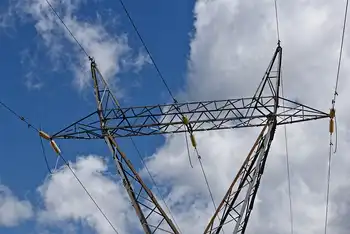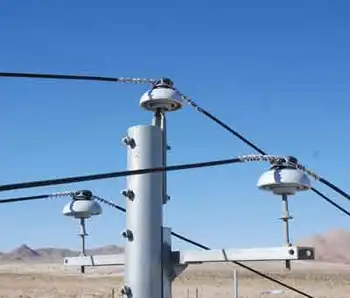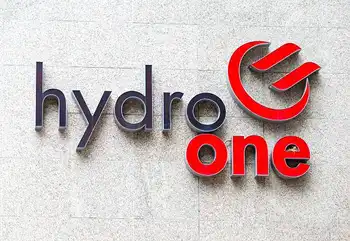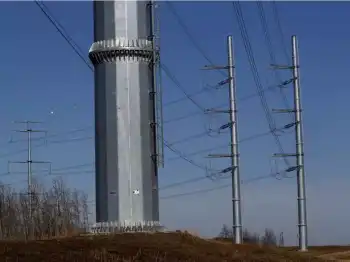MEREGIO project uses Smart Grid technology to minimize emissions
By Electricity Forum
High Voltage Maintenance Training Online
Our customized live online or in‑person group training can be delivered to your staff at your location.

- Live Online
- 12 hours Instructor-led
- Group Training Available
The project, currently underway, is supported by the German government after an independent jury selected MEREGIO and five other outstanding projects for funding.
MEREGIO – “Minimum Emission Region” – is focused on the development of a minimum emission certificate for the model region Karlsruhe/Stuttgart in Germany. The aim of the certification is the complete elimination of CO2 emissions caused by heating and electrical power consumption. It is a project strongly supported by ABB.
The gathered data is intended to motivate other regions to actively reduce their greenhouse gas emissions and promote specific measures to cut CO2 production.
For each household, a smart meter with bi-directional broadband communication interfaces delivers a high level of transparency. Within the pilot project, these meters will be installed at 800 consumer sites, 100 generation units and 100 storages for electrical energy.
A more efficient integration of yield-dependent energy resources in the power grid represents another main toehold for the reduction of CO2 emissions. Therefore customers will receive price signals as motivation for energy consumption. Price signals are particularly suitable if regional bottlenecks force network operators to switch off generation units to ensure network security.
In northern Germany, this situation already regularly occurs in the 60 and 110 kilovolt grid. Since there are currently no measure and communication technologies available, it is the function of restrictive grid codes to avoid such bottlenecks in subordinate voltage levels. Within the MEREGIO project, meters and communication infrastructure will be used to detect the state of the grid on the medium- and low-voltage level. If bottlenecks are detected, the systems automatically set price signals as prevention and – if necessary – power plants will be switched off.
As it will not possible to change existing grid codes within the pilot project, bottlenecks in low- and medium-voltage level will not occur in reality. Therefore, MEREGIO will also simulate load flows in a virtual network model. This online-simulation will be used to analyze how the use of CO2 free energy resources could be maximized in a market-oriented way if grid codes would change.
Another approach to cut CO2 emissions in MEREGIO involves the increase of network capacity and the reduction of network losses by introducing a marketplace for ancillary services. This marketplace will offer the possibility to trade products like reactive power. Such a marketplace, based on a network model, allows the efficient usages of the existing envelopes of generation units to avoid voltage overshoots and to minimize network losses.
In addition to ABB, IBM, SAP, EnBW, Systemplan and the University of Karlsruhe form the MEREGIO project consortium. ABB delivers the necessary network control and interfaces to adjacent systems. Hence, ABB is responsible for the central link between the interconnected physical and commercial processes.
The winning projects were originally announced at the CEBIT 2008 conference.











